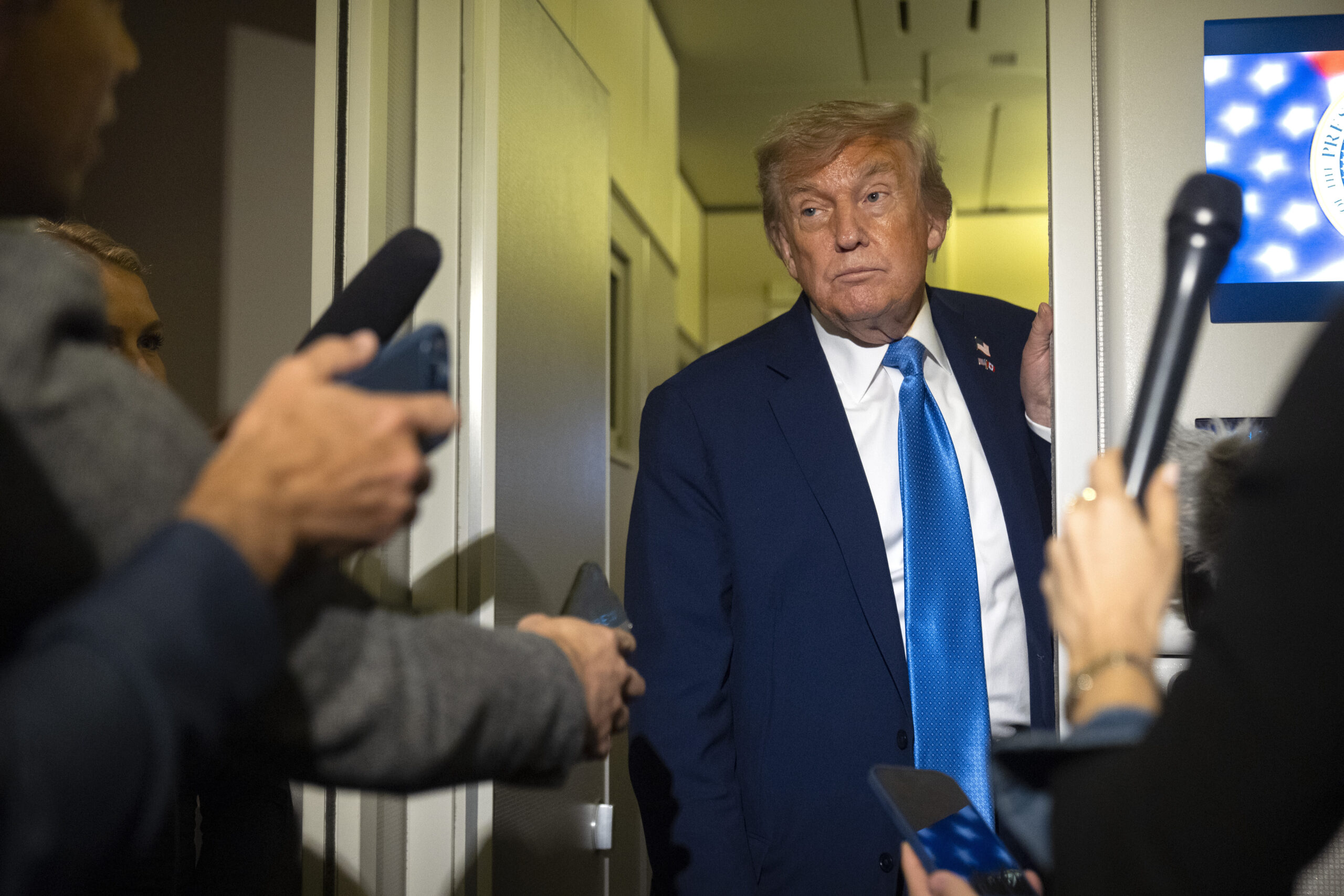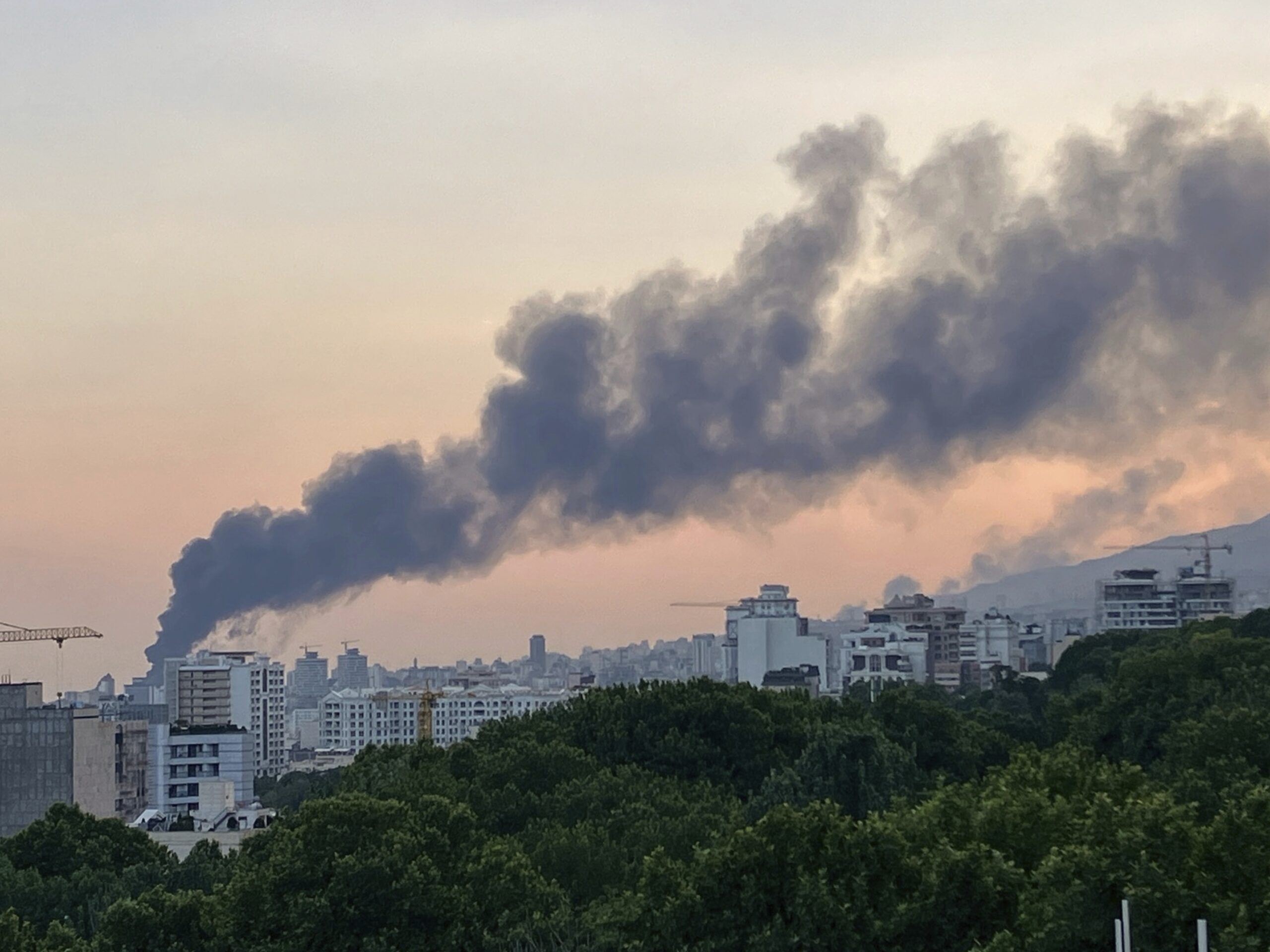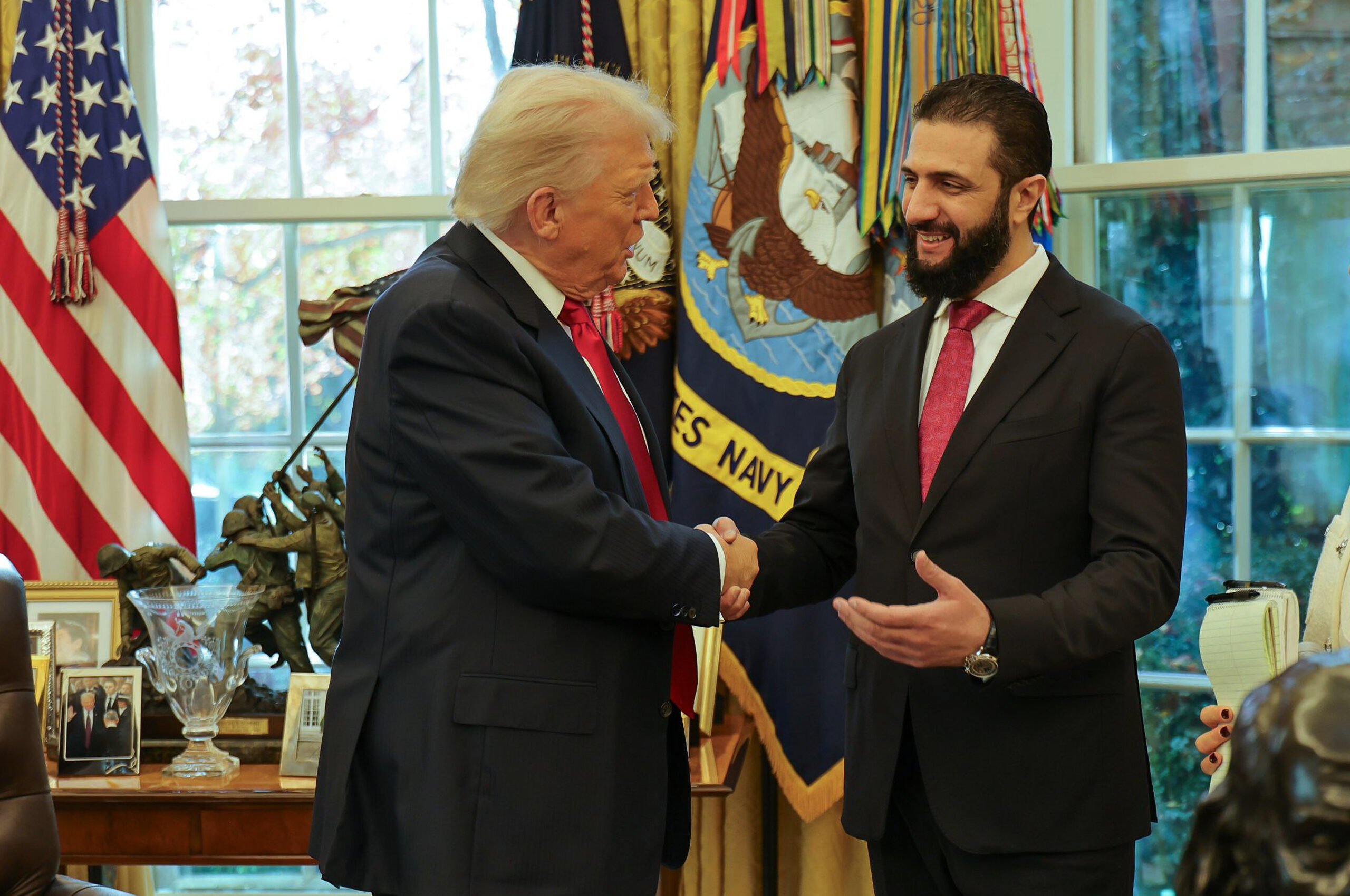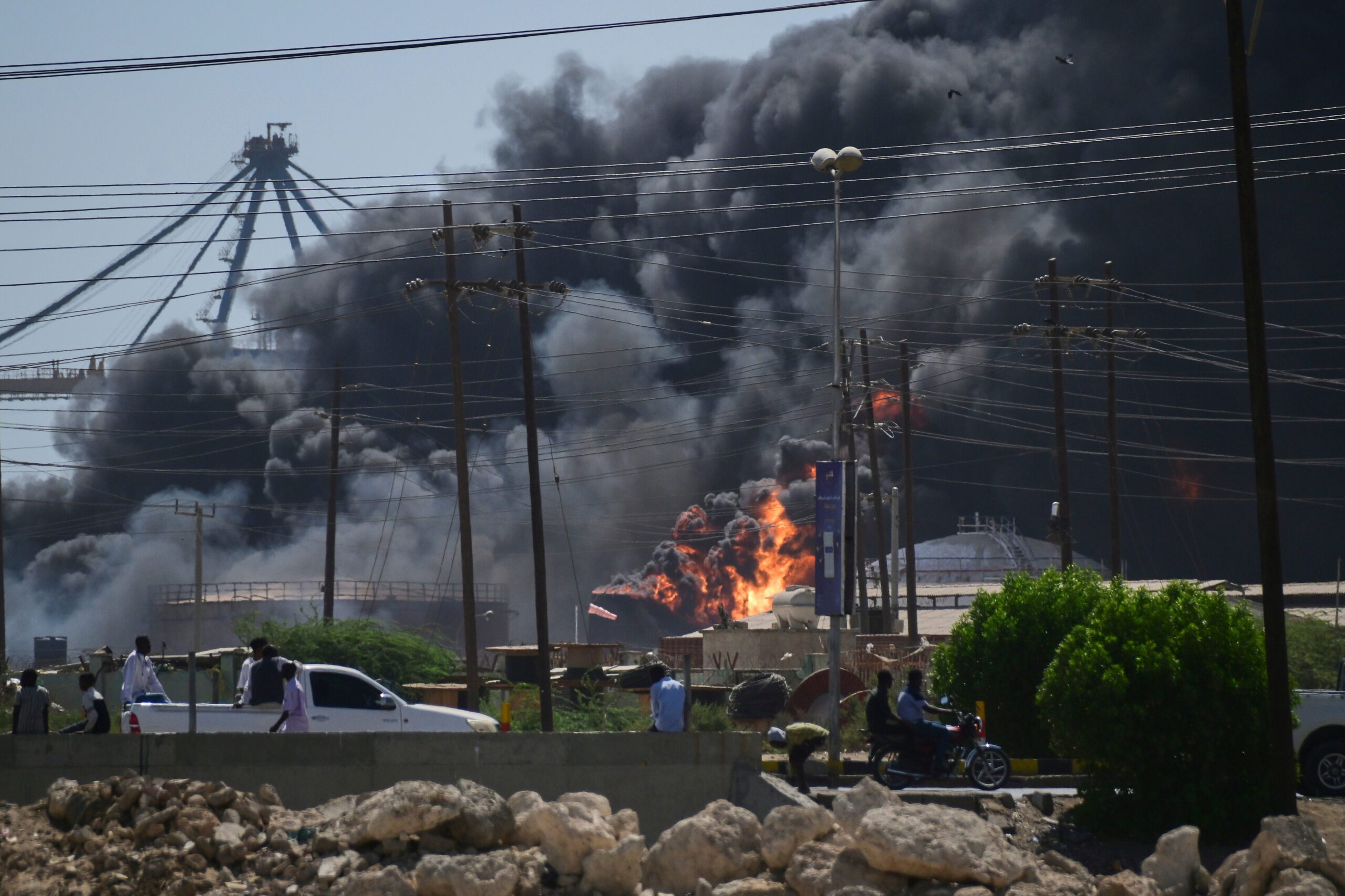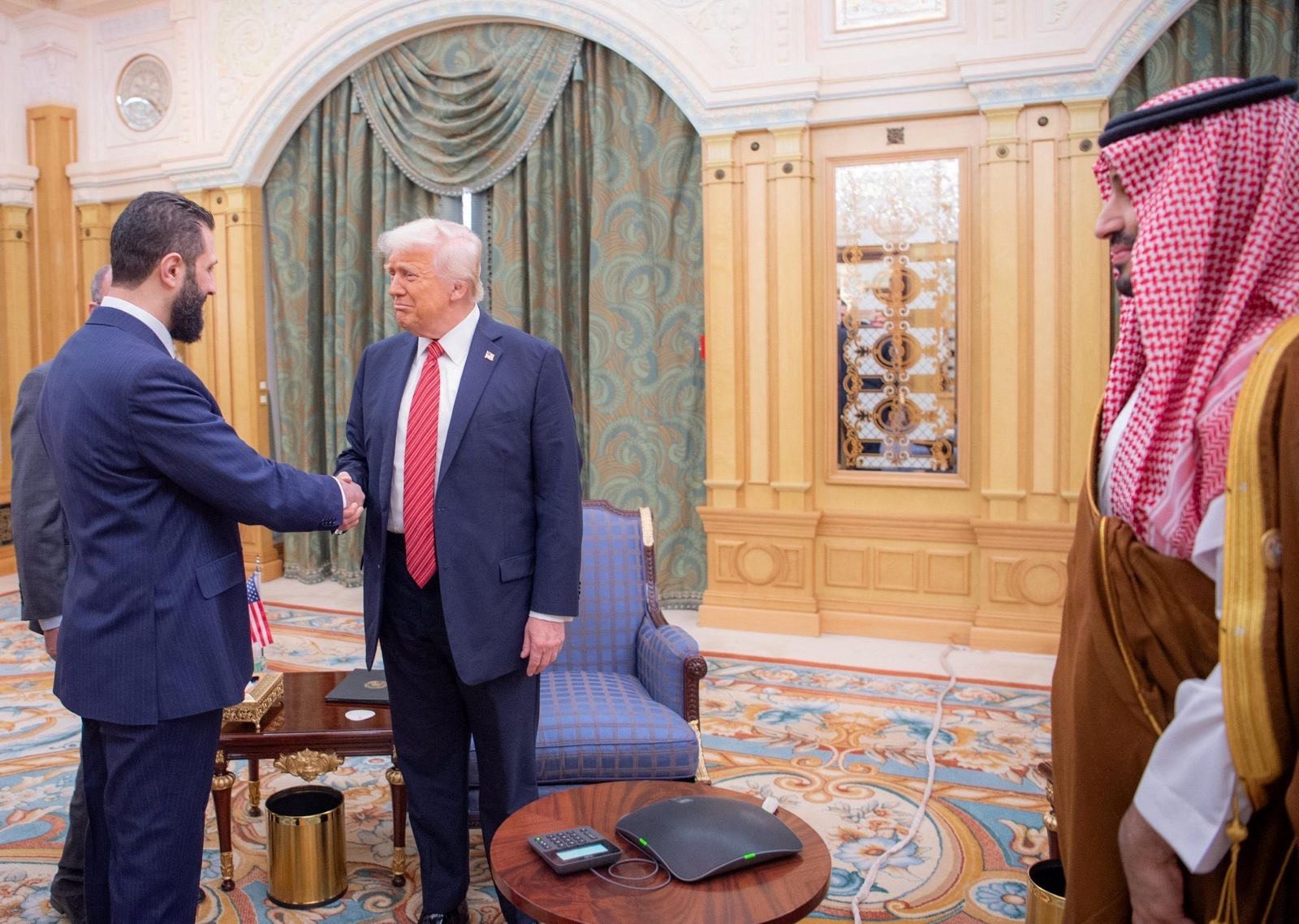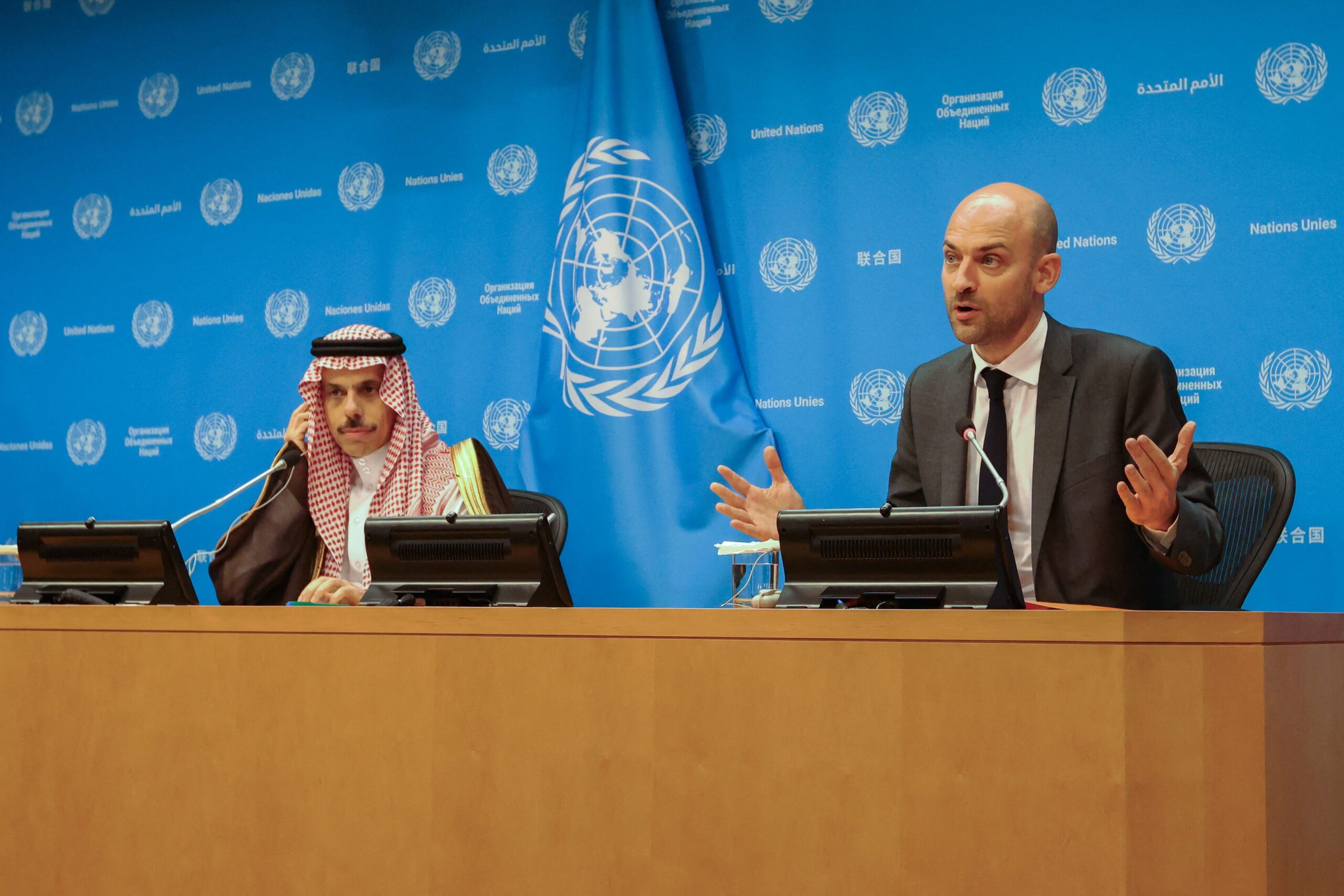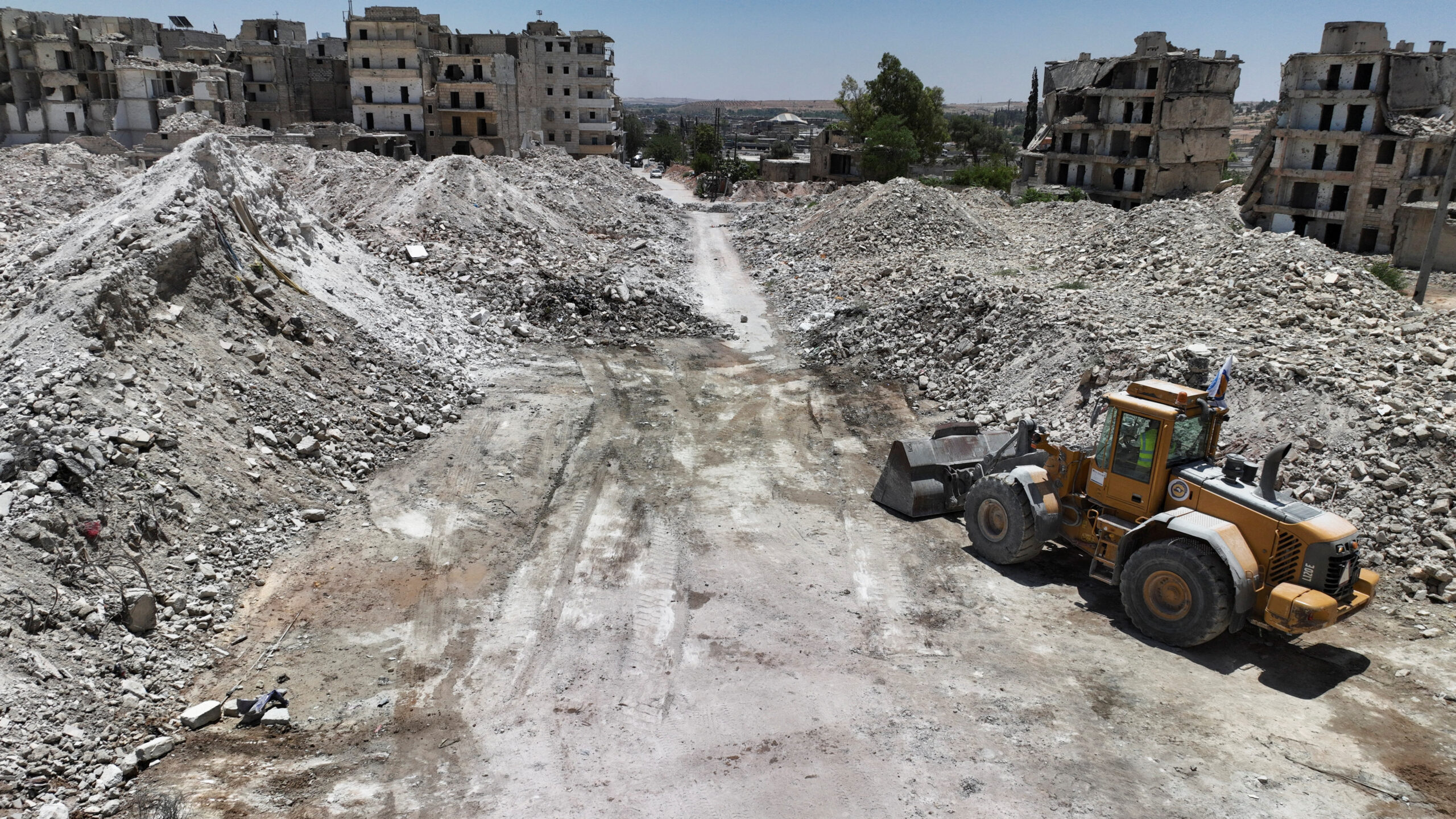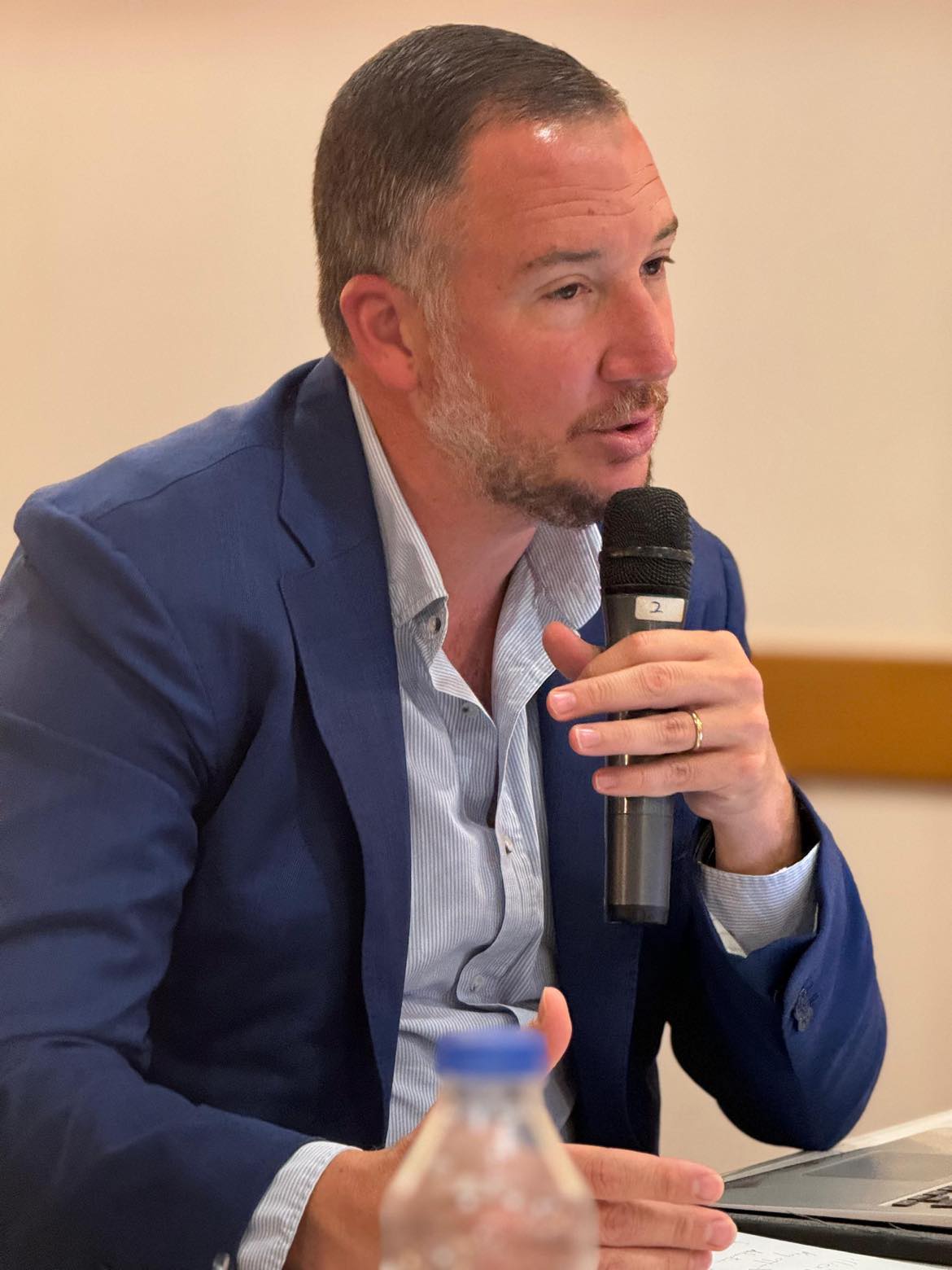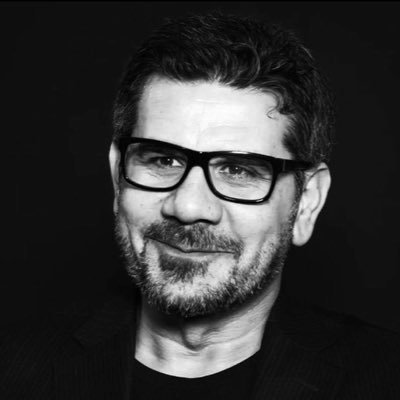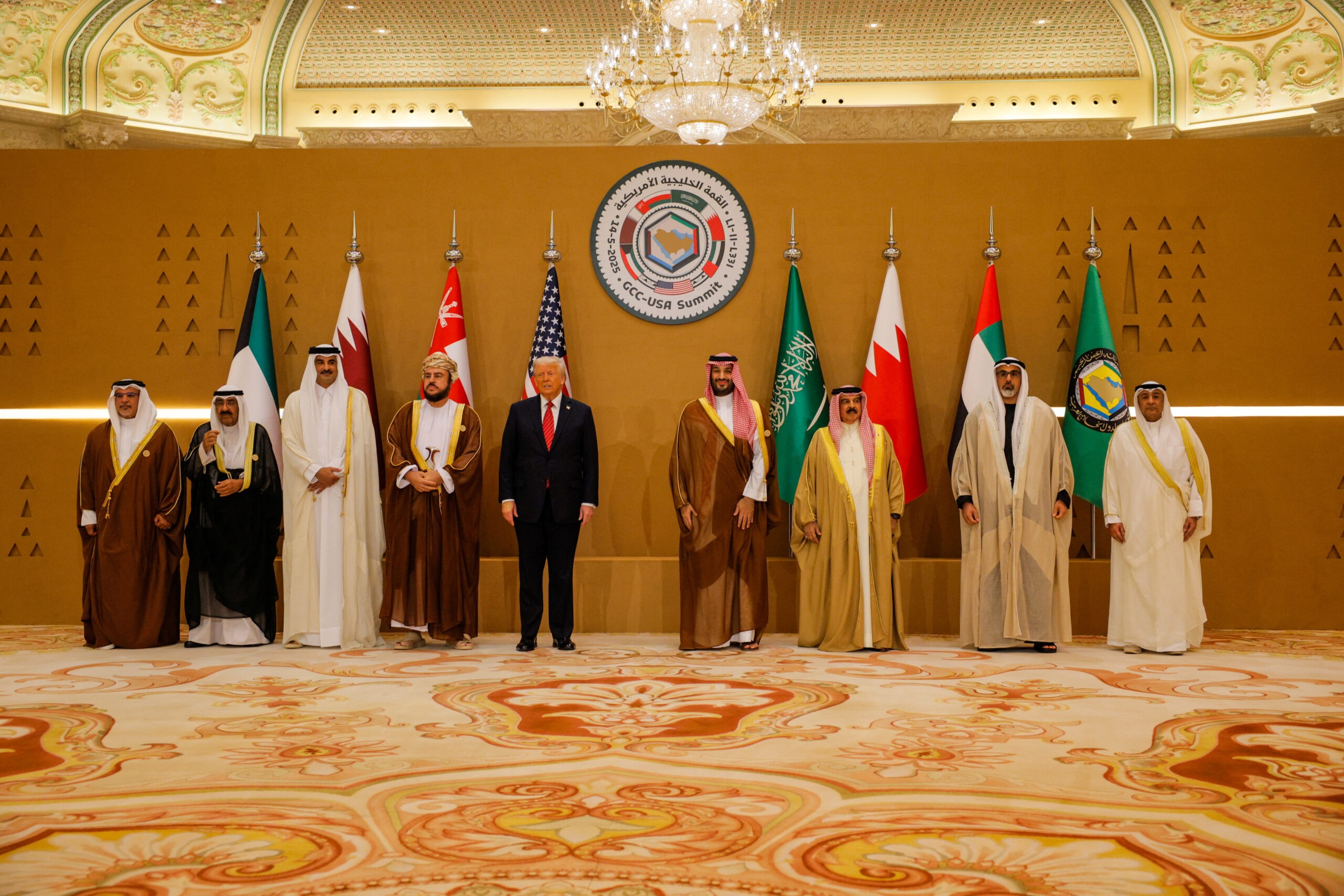The Impact of the Attack on Iran and U.S. Foreign Policy Calculus
U.S. officials’ desire to treat the attack on Iran as “one and done” might run up against a failure of diplomacy that creates a bias toward regime change.
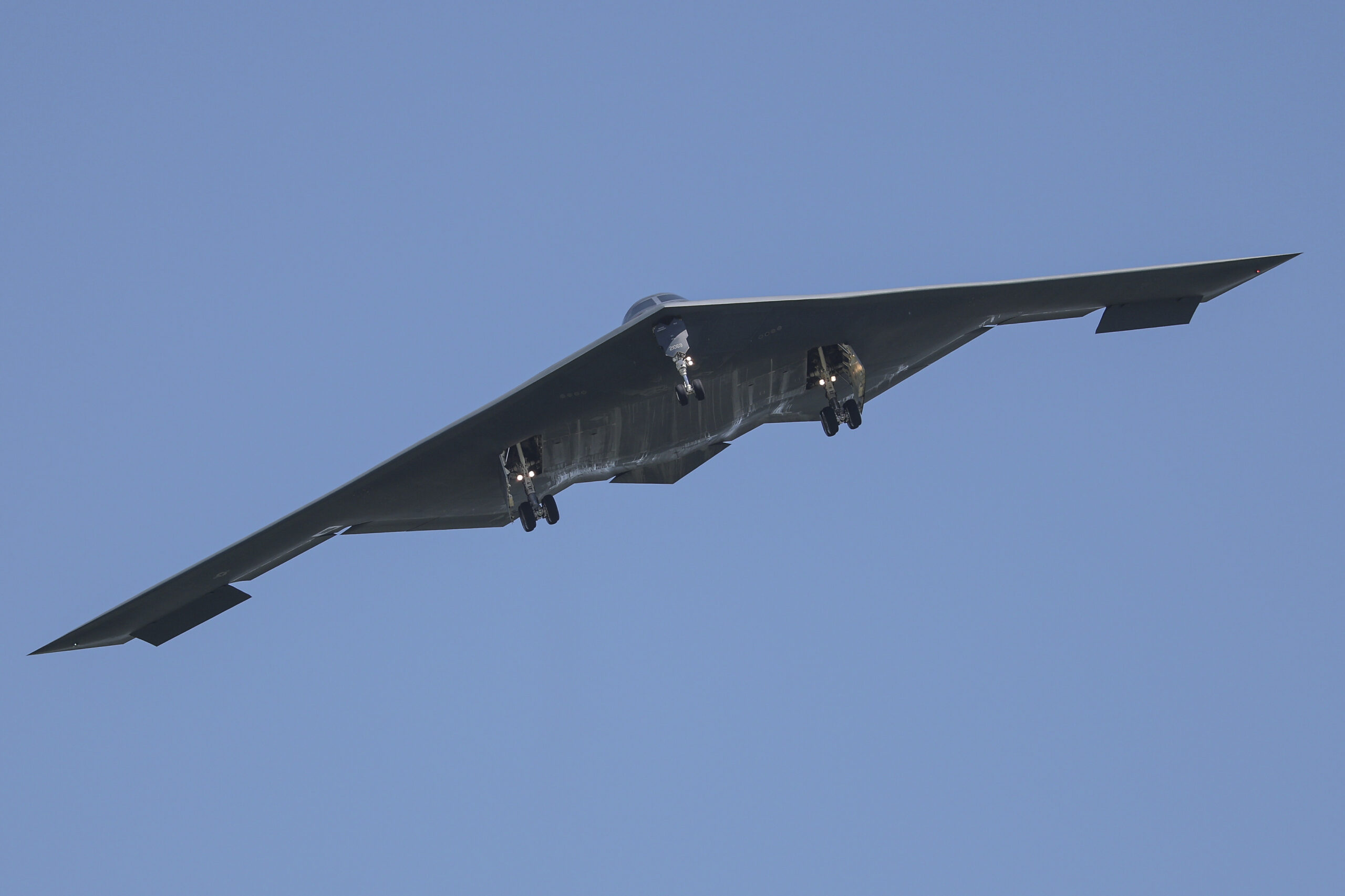
As the crisis with Iran intensified over the past two weeks, President Donald J. Trump publicly zigged and zagged between support for diplomacy and truculence until June 21, when he authorized a massive U.S. strike on Iranian nuclear facilities with a dozen 30,000-pound “bunker busting” bombs, Tomahawk missiles, and other ordnance. In the hours after the attack, Trump and Secretary of Defense Pete Hegseth went to great lengths to clarify this was an attack strictly focused on Iran’s nuclear facilities and not aimed at the regime or Iranian people. Trump’s initial bullish assessment of total destruction was walked back slightly by Chairman of the Joint Chiefs of Staff Major General John D. Caine, who offered a somewhat more modest, caveated assessment of the damage. Iran, meanwhile, made efforts to discount the level of damage. Nonetheless, over the coming days, there is likely to be a major focus on assessing the true extent of the destruction to Iran’s nuclear program.
The Damage Assessment: How Has Iran’s Risk Calculus Been Affected?
That damage assessment will likely have significant impact on Iranian calculations going forward, particularly regarding how the regime intends to respond, including possible retaliation in various forms, and whether a return to indirect diplomatic talks between the United States and Iran are possible. As AGSI Board Chair C. David Welch put it, making a decision whether to terminate diplomatic options is a part of Iran’s “risk calculus.” Such a calculus would “take into account regime cohesion, the regime’s ability to preserve and hide their nuclear capability, and tactical response options.” The regime would also carefully weigh any possibility of “going underground” with Iran’s nuclear program and assess whether reengaging on the diplomatic front would help it disguise efforts to hide its program. In this sense, the military option, which has now been chosen by the United States, will have to be assessed not only tactically but for its strategic impact and durability, Welch added. Welch also speculated about the possibility of witnessing in the coming weeks and months an “epic reversal” in the regional balance of power shaped by “46 years of Islamic Republic survival” in the 1980s, “growth” in the 1990s, “and dominance” from 2003-24.
On a more modest scale, he added, there will be no more “calendars of permission” for Iran’s nuclear program, which Iran took advantage of in previous diplomatic efforts to attempt to approach a nuclear weapons capability without provoking the kind of devastating response it has just suffered.
Proponents of Caution and Diplomacy Wrongfooted by Decision to Attack
Proponents in the foreign policy establishment of a diplomatic approach to this crisis who had urged caution in the days preceding the U.S. attack on Iranian nuclear facilities are reviewing their analysis and testing its propositions in light of the attack on Fordow, Natanz, and Isfahan. Beyond the fierce reactions inside the president’s Make America Great Again coalition, which caused some fracturing in the days leading up to the attack, two distinct views had emerged in the U.S. foreign policy establishment in the run-up to the president’s authorizing a military intervention in Iran. One side urged the president to join the Israeli war effort and the other urged caution and warned of the risks to U.S. interests, including protection of U.S. citizens and regional stability.
What Happens to Regime Change?
The urge for caution was put forth persuasively by Ambassador Daniel C. Kurtzer and former senior National Security Council official Steven N. Simon in Foreign Affairs June 18, days before the United States attacked Iran. They expressed concern that U.S. entry could prompt a wounded Iran to target U.S. citizens and regional interests (including U.S. bases and the oil facilities of regional allies), which together could prompt U.S. retaliation and a reinforcing chain of escalation beyond that. They also noted the potentially murky results of any U.S. bombing that targeted the pivotal Iranian nuclear facility at Fordow, with the risks that Iran could take its nuclear program completely covert. All these concerns remain live issues in the assessments of the political and diplomatic fallout. Kurtzer and Simon also questioned how the United States would manage to control Israel’s efforts to continue its bombing attacks on Iranian targets, possibly moving the situation closer to regime change, following any U.S. attack, despite assurances by Hegseth, in his June 22 press conference with Caine, that U.S. action had not been aimed at regime change. That danger, and the related issue of whether Washington could modulate Israel’s attacks if the United States attempts to reengage diplomatically, will remain key challenges in the days and weeks ahead.
While not advocating for the position, Welch sketched in elements of the argument for U.S. intervention that could lead to regime change in Iran: “While people are right to warn about the dangers of regime change, they should not be overestimated, nor should the threats the current regime poses be underestimated.” Welch assessed that the Israelis were “optimistic about the prospects for regime change” and that some analysts believed “it would be worth the costs,” given the alternative would be a diplomatic track likely resembling previous diplomatic approaches that ended up “putting in place a calendar that, when exhausted, was destined to end down the road somewhere with Iran easing into or up to a nuclear weapons capability.” Welch also noted that advocates of regime change in the United States and Israel accepted the risks inherent in such an outcome. They assessed that such risks are at worst manageable and in any case represent a better outcome than leaving the long-ruling, despotic regime continuing its malign, deeply anti-Israel and anti-American activities in the region. Welch acknowledged that the Israelis and their supporters could be overly optimistic about the prospects for regime change, but he noted their position on regime change was flexible enough to tolerate – from their perspective – a suboptimal outcome that settled for “decapitating and neutering the current regime even if it retains power,” with a destroyed nuclear program. They viewed that as a “once-in-a-generation opportunity.” Welch also made the point that the president “genuinely does not want to get dragged into what he and his coalition believe is an interventionist war like the kind the U.S. previously has ended up engaged in, without clear result,” but at the same time he saw an opportunity to reduce and perhaps even remove Iran’s nuclear capability.
Israeli Attacks Decisive on Diplomatic and Military Options
In the wake of the U.S. attack, analysts agree on the huge impact Israel’s devastating attacks had on Iran and its proxies over the past nine months, opening the way for a decisive new approach. Kurtzer and Simon, and others who shared their views in the run-up to the attack, thought the United States could lean in on those advantages provided by the Israelis to lead coercive diplomacy against Iran and its nuclear program, without mounting a military attack and courting the risks that approach entailed. Kurtzer told AGSI just days before the U.S. attack that the U.S. approach should remain diplomatic but take full advantage of the dramatically weakened circumstances for Iran that Israel had created to drive a much harder bargain than anything Iran would previously have been willing to contemplate. It would include crippling restrictions on uranium enrichment that would cut back levels to low-grade uranium for civilian purposes without exclusive sovereign Iranian control over the process.
Surveying the situation a day after the attack, Simon noted to AGSI the uncertain results: Assessments of the damage inflicted at Fordow seem more limited than at first assessed; in addition, the Iranians seem to have ruled out diplomacy and have generally made clear that, if there is no enrichment allowed, there are no prospects for diplomacy. “If diplomacy is off the table, then you’re in a forever war. To avoid a forever war, your only option is to get rid of the regime insisting on enrichment.” Simon described that dynamic as not unlike the situation in the early 2000s in Iraq, where incompatible objectives regarding weapons of mass destruction, sanctions, and Saddam Hussein himself biased the outcome toward regime change. On a related note, Simon cautioned that Israel rather than the United States was in control of the situation, and U.S. participation, in the way it unfolded and was circumscribed by U.S. officials’ statements, was reinforcing that Israeli control. He acknowledged that Iran’s response options in the short term seem fairly limited at present, with Iraq being the most likely arena for some kind of retaliatory action.
After its attack on Iran’s nuclear facilities, the United States seems to want to treat the action as a “one and done” and use it, and Israel’s military successes over the past year, together to tie off the Iran nuclear issue while limiting Iranian retaliation and any U.S. responsibility for regime change. That’s an ambitious policy that will require good fortune, cooperative allies to implement, and an Iranian regime that accepts not having much of a vote as to outcome. If regime change does occur, despite currently stated U.S. policy views, it could have significant impact on longer-term stability in Iran and the surrounding region.
The views represented herein are the author's or speaker's own and do not necessarily reflect the views of AGSI, its staff, or its board of directors.


